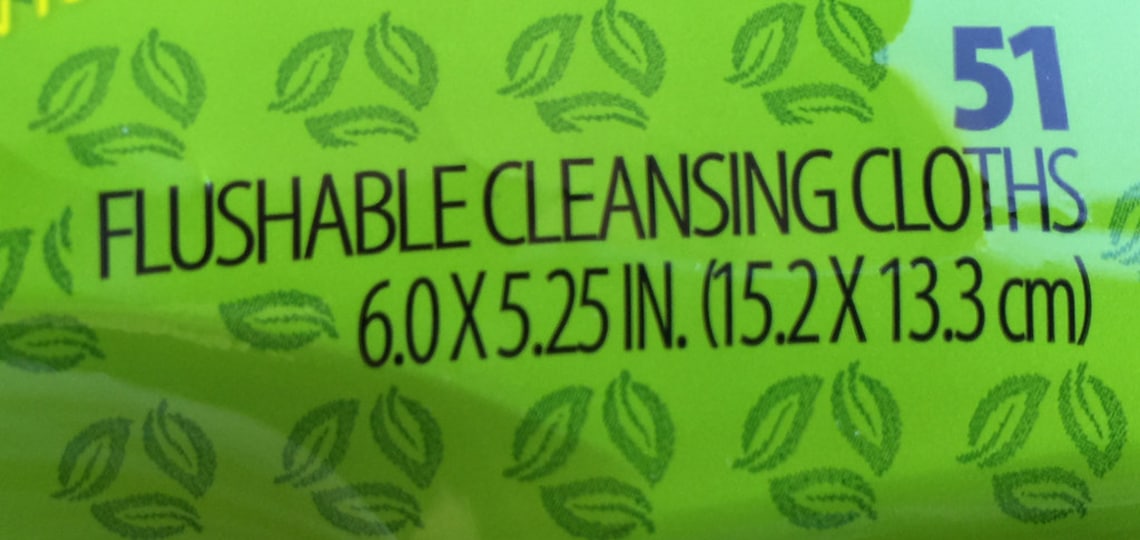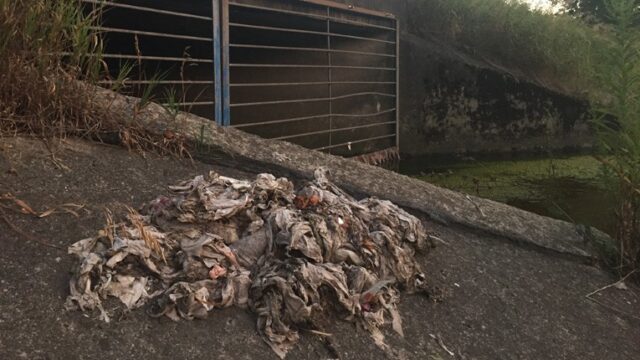In 2019, a study out of Ryerson University made an alarming finding: Wipes, cloths, diaper liners and other products marketed as “flushable” in Canada are not in fact safe to flush down the toilet. When these products are improperly flushed, they contribute to blocking sewage systems and pollute lakes, rivers and oceans.
Unlike toilet paper, flushable wipes don’t break down in sewers and waterways. These single-use products lead to sewage clogs and can form the core of fatbergs, large masses of solid waste consisting of congealed fat and personal care products that block pipes and cause flooding. They discharge from sewers during sewer overflows and enter lakes, rivers and oceans, polluting these waterways with litter, microplastics, and microfibers, and harming wildlife.
These blockages have environmental and economic costs. Flushed wipes cause an estimated $250 million in damage each year to municipal sewer systems in Canada. But this isn’t the consumer’s fault.
Companies shouldn’t be allowed to mislead consumers by falsely labelling their products. Proper labelling would help ensure proper disposal, keeping these wipes out of our waterways and away from our wildlife.


